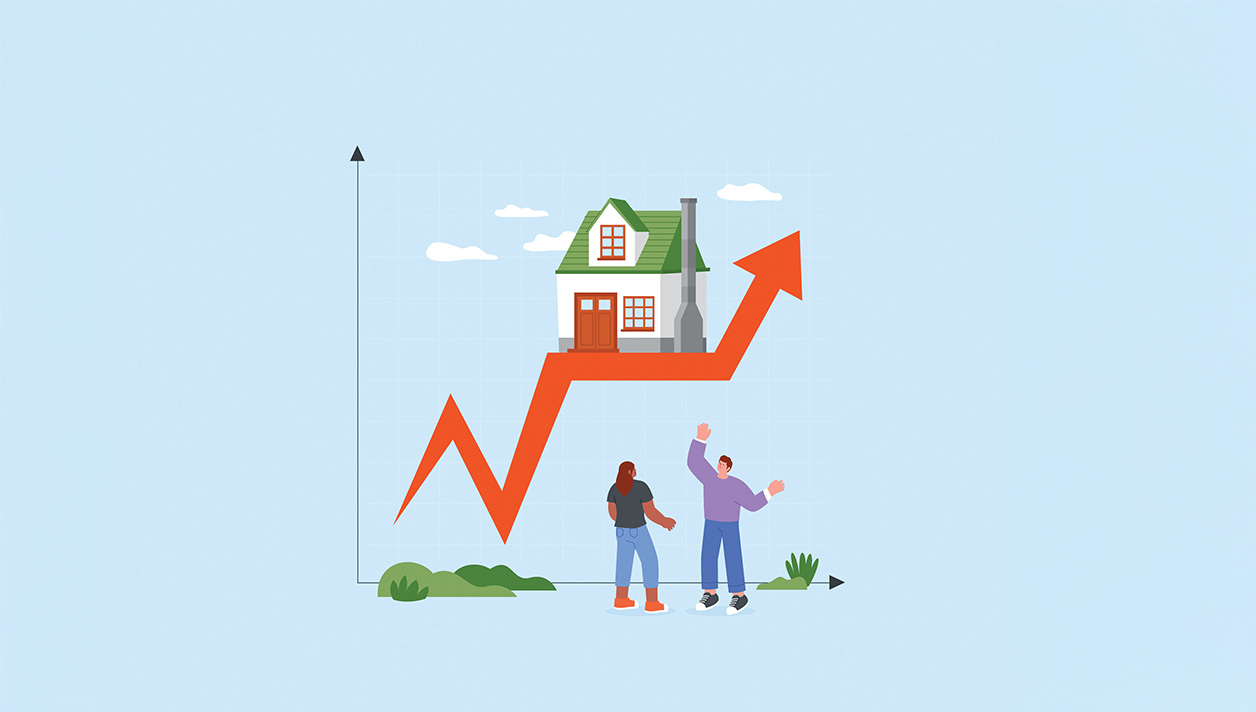A 2024 poll by Navigator Research found that 57% of respondents blamed “greedy landlords who are jacking up rents” for the high cost of rent. This belief is misguided. Blaming landlords for rent is like blaming the weatherman for a heatwave. It is not possible for landlords to get together and collectively decide to “jack up rents.” Rent, like any price, is set by supply and demand. If landlords try to increase rent above the market price, a surplus of apartments will result, meaning apartments will go unrented, which will push rent back down.
As an analogy, what if all Michigan golf course owners got together and decided to fix the price of 18 holes of golf at $200 per round? Many golf courses would see business evaporate, which would cause some owners to lower their prices. The only way this higher price could stick would be if some golf courses were permanently closed, reducing the number of rounds of golf available so that the new market price prevailed at $200.
This illustrates that sellers collude by restricting supply. If the supply of apartments on the market was falling, there might be something to the charge that landlords were “jacking up rent” by restricting supply. However, 2024 saw a record number of new apartments hit the market at just over half a million units.
Rather than restricting supply, landlords are responding to the incentive given by high rents to construct more units, which will reduce pricing in the long run.
The price of anything ultimately increases for two reasons: a decrease in supply or an increase in demand. The decrease in supply can be due to collusion or any number of reasons. For instance, the 2008-09 financial crisis forced many home builders out of the market, which has reduced the supply of all housing units since then.
However, the real culprit of higher rent is increased demand, particularly due to the Federal Reserve’s extraordinary monetary creation during the pandemic. During that time, the Federal Reserve more than doubled the money supply, which increased the demand for all goods and services in the U.S. economy, including apartments, which led to price inflation. The consumer price index increased by 25% between February 2020 and now, with rent on apartments increasing by roughly the same percentage. The similarity of rental increases and price increases of the other goods and services that comprise the Consumer Price Index is evidence that landlords are not colluding to increase rent, despite the perception in the Navigator poll.
Whenever I teach Principles of Macroeconomics, I show a video from the 1970s featuring Nobel Laureate economist Milton Friedman who says that inflation is created in only one place—Washington, D.C.—because that is where the money-printing presses are located. That was as true then as it is now. Had that lesson not been lost to time, consumers would not be feeling the effects of higher rent and other prices.





































